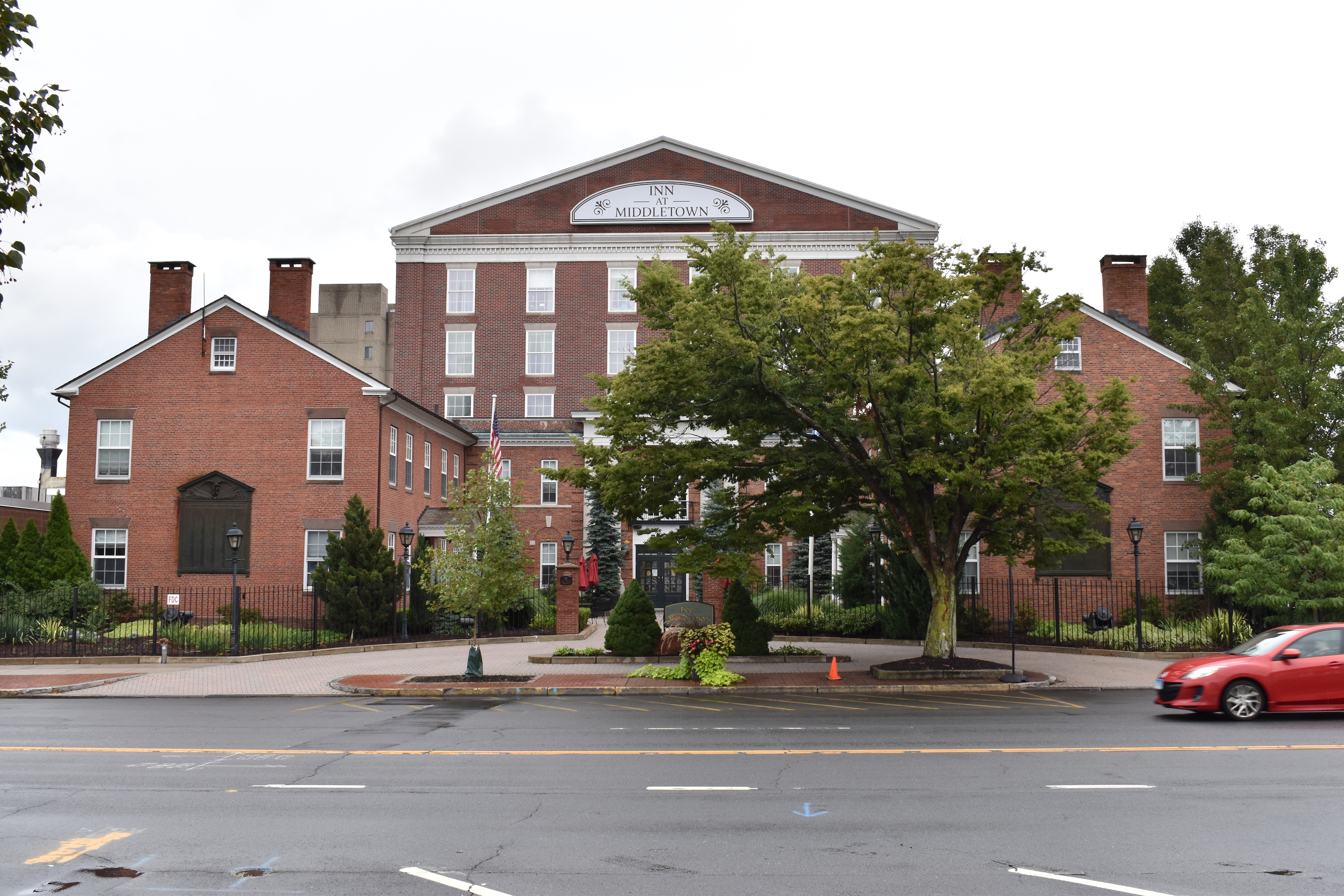
After an unexpectedly long break from school, students have been eager to return to campus life. Perhaps none are more eager to return than the 174 students who spent the fall semester living in the Inn at Middletown. Considering that the University has historically required undergraduates to live in the housing options it owns, prescribing a campus-centered lifestyle, it is safe to assume that those who lived at the Inn had an unorthodox experience.
When the announcement came that there would be students permanently stationed at the Inn for the fall, there was a theory that an “Inn culture” would emerge among the students living there. However, without the perceived constant surveillance of the University, the question was not whether parties would be thrown at the Inn, but rather how rambunctious they would be.
“I totally thought a culture would emerge there,” Nate Simon ’24 said. “Before people actually moved there, it seemed so far away so I thought everyone would be super close and hang out all the time.”
However, Chase Howard ’25 observed few signs of a cohesive Inn culture.
“Besides the few moments where everyone was similarly upset about Wesleyan’s incomprehensible plan for post-Inn housing procedures, I felt no sense of community living at the Inn,” Howard said.
Instead of the University’s party scene migrating to the Inn, it remained on campus. This seems to have also been the case for every other facet of off-campus students’ social lives.
“My on-campus friends did visit me at the Inn a few times,” Vanessa Angeles ’24 said. “But definitely not as much as they had visited me in my dorm room during previous semesters. I did still hang out with them on campus though, so it wasn’t too big of a difference.”
Some students have even remarked that living at the Inn may have strengthened their friendships with people living on campus.
“I did like that being at the Inn encouraged me mostly to stay on campus throughout the day,” Danny Dacosta ’24 said. “If anything, my relationships with other people on campus became stronger.”
It seems as if students treated the Inn like it was originally meant to be treated: as a hotel, a place to spend the night before and after the day’s activities, and where students were unlikely to foster relationships with others. Howard agreed with this perspective.
“I honestly only keep in touch with the people I was already friends with before the Inn who happened to live there,” Howard said.
Aside from shared ice machines, the lack of communal spaces may have been one reason why the Inn’s environment did not foster bonds, but the class years of residents were also a factor. To provide a semi-normal on-campus experience to first-year students, the University only allowed sophomores and upper-class students to house at the Inn. Gavin Zahn ’24 theorized that this class year limit contributed to a lack of socializing within the building.
“If it was all [first years] living at the Inn, there would’ve been more of a culture formed, but everyone there already knew other people,” Zahn said.
Although the Inn did not drastically alter its residents’ social circles, Dacosta recognized that living back on campus has changed his physical perception of the University.
“I’ve found not having as much accessibility to the shuttle and having to default to walking to most places [is] the one thing that I’ve noticed about not living at the Inn anymore,” Dacosta said. “It makes me realize how much I walk again and how big the campus is, I suppose.”
Having moved to Film House following Thanksgiving break, Dacosta notes that logistically, his life has not changed much. He misses the private bathroom and welcomes the walk to Usdan University Center being five minutes shorter than it was from the Inn. However, he has noticed a transformed relationship with how he utilizes his dorm.
“In between classes, I have started cooping myself up in my room more often and doing work there. I like being able to go to and from my dorm, but it was kind of nice forcing myself to be around people all day.”
Luckily for Dacosta and the rest of the students returning to campus living, friends and classes are now just a walk away. While it is clear that spending the semester at the bottom of the hill was a strange experience for those affected, it seems that it did not have a profound impact on the University’s social scene or on the residents of the Inn.
Danny Dacosta is a Copy Editor for The Argus.
Maxwell Levy can be reached at mrlevy@welseyan.edu


Leave a Reply